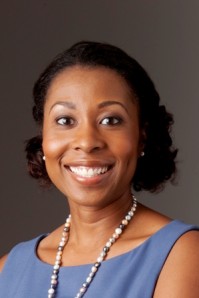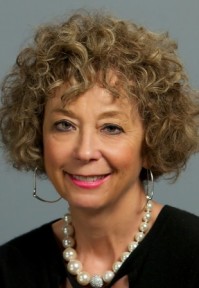Tag: People in Public Media
NPR restructures marketing unit; Krichels leaves WPSU ‘for multiple reasons’; Walker joins DEI Board, and ...
Dana Davis Rehm, NPR’s senior v.p. of marketing, communications and external relations, will leave the network May 6 due to a reorganization ...Penn State announces Ted Krichels’ resignation from WPSU
Ted Krichels, associate vice president for public media and general manager of WPSU at Penn State University and a thought leader on public ...PBS’s Russell takes KOCE executive post, Dominowski to Indiana, Sullivan exits Frontline after two decades, and ...
Andrew Russell, PBS senior v.p. for strategy and research, is moving to PBS SoCal in Orange County, Calif., as chief operating officer, ...Michael Sullivan, Frontline producer since 1987, departs icon investigative series
Michael Sullivan, a television producer whose name has run near the top of credit rolls of Frontline almost continuously since 1987, has exited the ...Kentucky Legislature honors KET founder O. Leonard Press
O. Leonard Press, who founded Kentucky Educational Television in 1968 after lobbying the state legislature for 10 years, has received the 2012 ...KERA lures Fisher after 28 years at TPT, Rockefeller to retire, Check Please! host moves on, and ...
The host of Check, Please!, WTTW’s popular restaurant review series, is departing the Chicago show after 10 years. Alpana Singh plans to devote more ...NPR decides on hosts, Shuster leaves the network, Rapley gets WGBH McGhee Fellowship, and more ...
Audie Cornish, who guest-hosted ATC during Michele Norris’s 2012 leave of absence, becomes permanent co-host of the NPR newsmag, alongside Robert Siegel ...Bergsma leaves ‘house that Stephanie built,’ Raz moves to TED, NPR bolsters race unit, and more ...
Stephanie Bergsma, the KPBS fundraiser who opened the door for Joan Kroc’s $200 million bequest to NPR, retired Dec. 10 after 30 ...NPR adds two journalists to new race, ethnicity and culture unit
NPR has added two journalists to its six-person race, ethnicity and culture unit backed by CPB and preparing for launch in the ...In reshuffle of PBS executive ranks, Hoppe ascends to chief programmer
PBS has restructured its senior management, effective immediately, elevating programmer/producer Beth Hoppe to chief programming executive and general manager, according to a ...Jensen chairs NPR Board; Elmo puppeteer resigns; ex-American Archive head working on film with Beatles’ ...
The NPR Board elected Kathryn “Kit” Jensen of Cleveland’s ideastream stations as chair for the new board term that began last month.Pizzato lands at WYES in New Orleans, Galmiche chairs MMG, Malesky pens second book, and ...
Pubcasting veteran Allan Pizzato will succeed Randall Feldman as president of WYES-TV in New Orleans.Elmo puppeteer remains on leave; allegations of improper relationship recanted
Following this week’s media scandal over allegations that were aggressively rebutted and later recanted, award-winning Sesame Street puppeteer Kevin Clash remains on a leave ...Elmo puppeteer on leave after allegation of improper relationship; accuser recants
Puppeteer Kevin Clash, the performer behind Elmo, one of Sesame Street‘s most beloved characters, has taken a leave of absence following news reports of an ...Two executives join NPR, groundbreaker Belva Davis leaves KQED-TV, Fajardo departs WMFE-TV and more . ...
NPR added new positions to its executive ranks with two appointments announced Nov. 1 by President Gary Knell.









